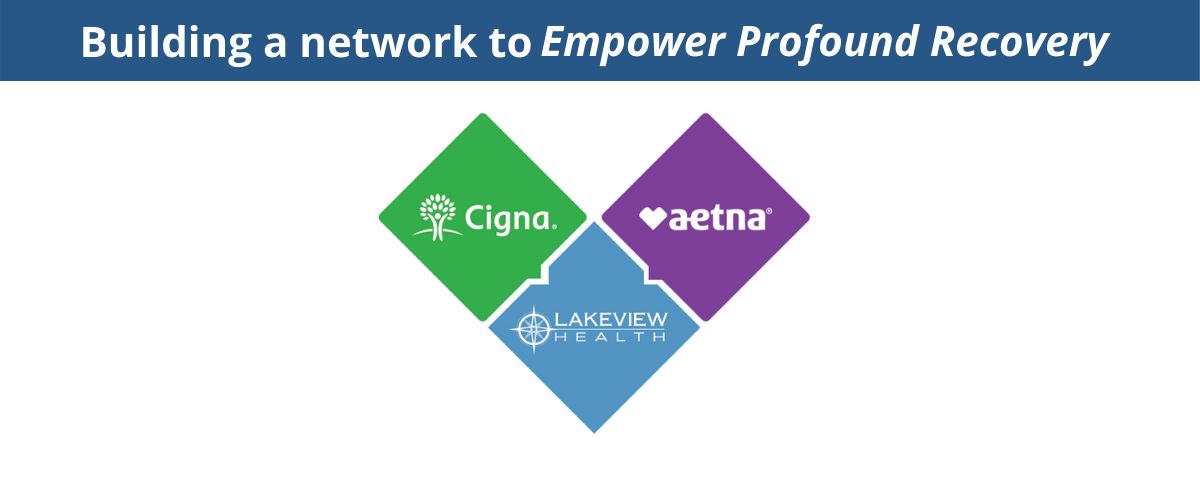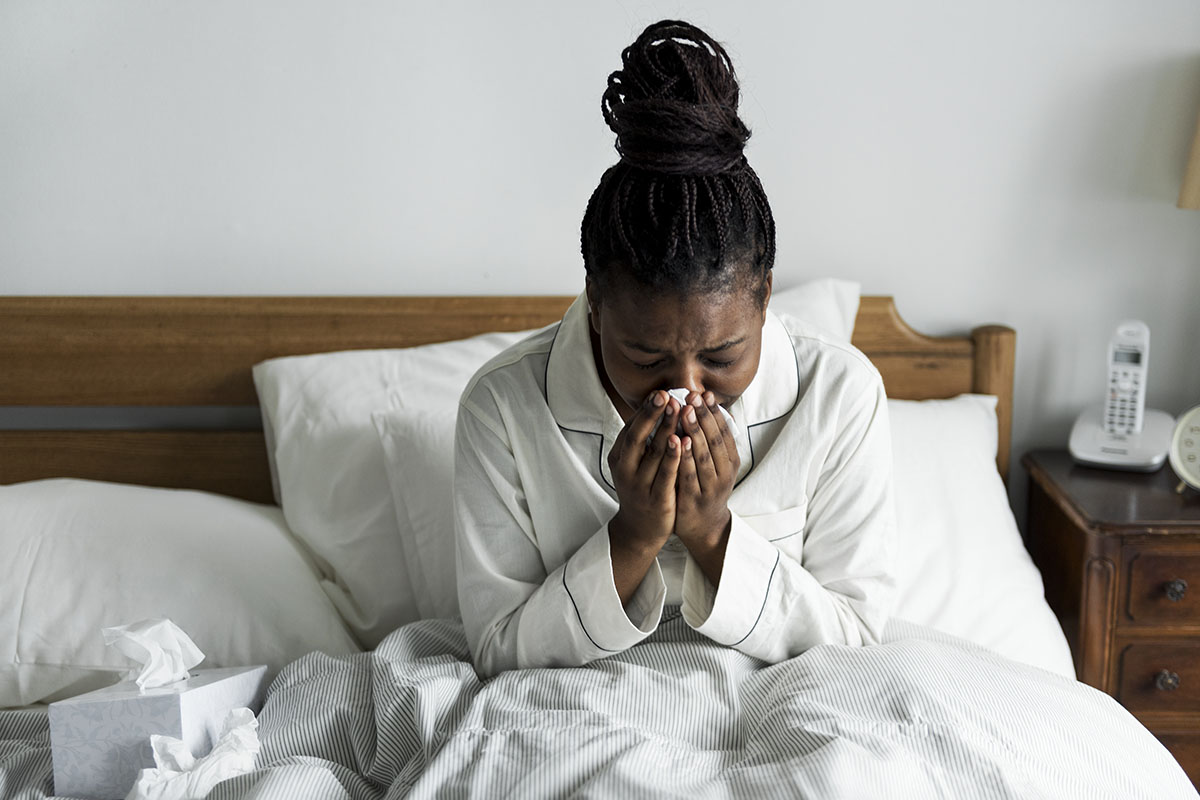Photo: Don Ramey Logan / CC BY-SA 4.0
Heroin deaths in Miami-Dade reached record level in 2015, with 83 recorded cases. That’s up from 11 in 2011. To deal with the escalating crisis, the county created a task force last December in attempts to formulate a plan for ending the opioid epidemic. The Miami-Dade Opioid Addiction Task Force was instructed “to conduct a comprehensive assessment of the opioid addiction epidemic, compile information, and develop a comprehensive action plan to halt the opioid addiction epidemic in Miami-Dade County.” The group comprises county officials, Miami-Dade Police, Jackson Health doctors, and The Homeless Trust, among others. Meetings began in January, and the task force has now submitted a report that includes a number of actionable recommendations. Its findings make clear that the focus of the crisis has shifted from the illicit use of opioid painkillers to heroin. “In Miami-Dade County, illicit opioid use continues to increase, resulting in a growing number of fatalities. In 2013, heroin surpassed prescription opioids as the primary cause of opioid overdose deaths. Although prescription opioid-involved deaths have been dropping since 2010, many individuals who use heroin report prior addiction to prescription opioids.” Opioid use in Miami-Dade has led to “large increases in substance abuse treatment admissions,” reports the task force. It recommends “continuing education for physicians, dentists, and clinical providers on opiate misuse and heroin abuse.” The county should also “facilitate immediate linkage to care from first responders to medication-assisted treatment, detox and treatment services.” The task force acknowledges that addiction is “a chronic disease requiring a multifaceted and comprehensive treatment system to support and encourage recovery,” while noting that “there is a lack of treatment options for many Miami-Dade residents with opioid use disorder.” South Florida residents with addiction who are unable to find adequate treatment options at home might consider starting their recovery in northern Florida. Lakeview Health in Jacksonville can provide all levels of care, beginning with medical detox, and can take patients outside their immediate area, away from relapse triggers. The report of the task force points out that “effective outcomes are dependent on adequate treatment lengths” and that “opioid addiction typically will not abate simply with opioid discontinuation.” Indeed, sobriety is often hard to maintain if the deeper causes of the addiction are not uncovered and addressed. Many patients with addiction struggle with co-occurring disorders, such as anxiety, depression, or posttraumatic stress disorder. The comprehensive treatment approach at Lakeview aims to address the substance misuse and its underlying conditions, ultimately to recover the authentic self of the addicted person. Dr. Philip Hemphill is the former chief clinical officer of Lakeview Health. “We want to give patients a full body–mind–spirit experience,” he says. It is a comprehensive re-calibration. “The whole sense of self, the way they define themselves and function in society, is reset.”




